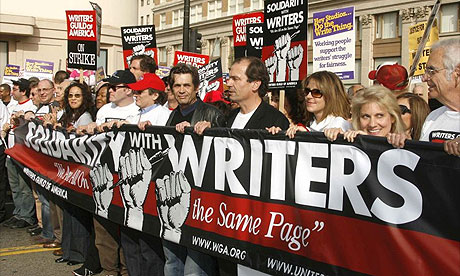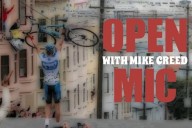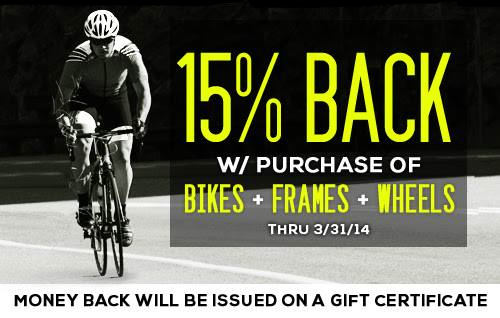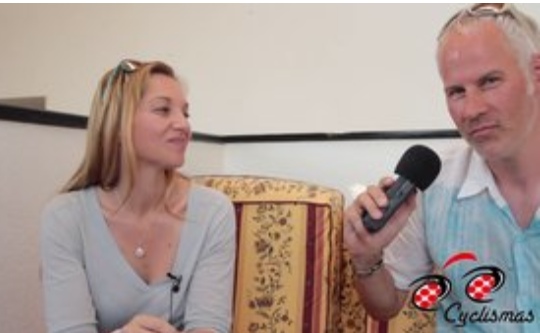Magazine publishers in the UK today announced the formation of a new coalition designed to combat unfair pressure on publishers and editors of cycling publications. The group, Publishers Unchained from Falsehood, or PUFF, was created from a need to provide relief to magazines that are subjected to pressure from consumers seeking to influence the material appearing in the pages of some of the most prestigious cycling publications in the UK.
Spokesman for PUFF, Pat O’Logic, explained the mission statement of PUFF during a press conference held at the East London offices of News Corporation.
“For too long the ideal of truth in journalism has been under fire,” said O’Logic. “Publications with a rich history of ‘fair and balanced’ reviews and news writing are finding themselves on the receiving end of threats from consumers to cancel subscriptions unless more reviews are written in the absence of advertising omertá,” he added.
O’Logic went on to explain that central to the objectives of PUFF is the overriding notion of protecting journalistic integrity. He elaborated by stating writers are often on the receiving end of harassing letters from consumers with unreasonable expectations, and demands that editors and reviewers should be truly knowledgeable about their subjects, rather than allowing advertisers and marketers to control the narrative.

Pat O’Logic (center in turtleneck) during a demonstration held with members of PUFF, industry advertisers, and random passers by
“This business is becoming a case of the tail wagging the dog,” said O’Logic. “It’s next to impossible for the big publishing houses to produce content that is satisfactory to advertisers due to outside interference from consumers. News items are expected to be unbiased and well-researched without favouring the ‘team du jour’ or our national heroes. The publishers’ hands are tied. It’s time to make a stand.”
O’Logic continued by saying that the desire by consumers for publications to create a strict separation between advertising and editorial was becoming unbearable. Magazines are being forced to become bastions of reliable information designed to educate readers, rather than extensions of product catalogs and team guides funded by lucrative ad spend.
“We can’t cater to our benefactors in these circumstances. The readership is demanding that we actually write fairly, and it means we can’t educate them on how to invest their money in products supported by ads, or tell them only good things about people at the highest level of sport. We are put into an impossible position whereby we have to emphasize actual product quality at the expense of what our advertisers really want us to say. Consumers have learnt that their subscriptions are vital to the success of the magazines, and are leveraging that power,” said O’Logic. “They want us to be like these smaller magazines and websites who are run by people who just couldn’t handle the level of writing that we aim to protect.
A 100-page document, consisting of only 30 ad pages, was issued to members of the press in attendance at the PUFF presentation. It outlined in detail the PUFF constitution and mission statement.
The key objectives of the group were highlighted during the press conference. Among them:
- PUFF will defend the right of a publication to write favourable product reviews only for advertisers
- PUFF will defend any publication from consumers who wish to be accurately informed regarding product or news
- PUFF will maintain the rights of a publication to feature the same individual on the cover of every issue for as many issues as they see fit
- PUFF will fight to ensure that any publication is able to write only favourable reports on any individual whose actions are clearly nefarious to anyone paying attention
- PUFF will fight for the rights of any publication to continue to perpetuate the notion that consumers should base buying decisions on the small parts of a product, rather than products with a track record of being supported by research and development
- PUFF will defend any magazine editor with close ties to specific companies within the industry, and who wishes to demonstrate that bias in the magazine
- PUFF supports writers in their efforts to do as little as possible to write comprehensive and well-informed reviews and news pieces
The 6-hour long media camp concluded with the distribution of an advertising rate card and a listing of sponsorship opportunities.















1 Comment
What about the right to put 100 pages of ads in a 50 page magazine?